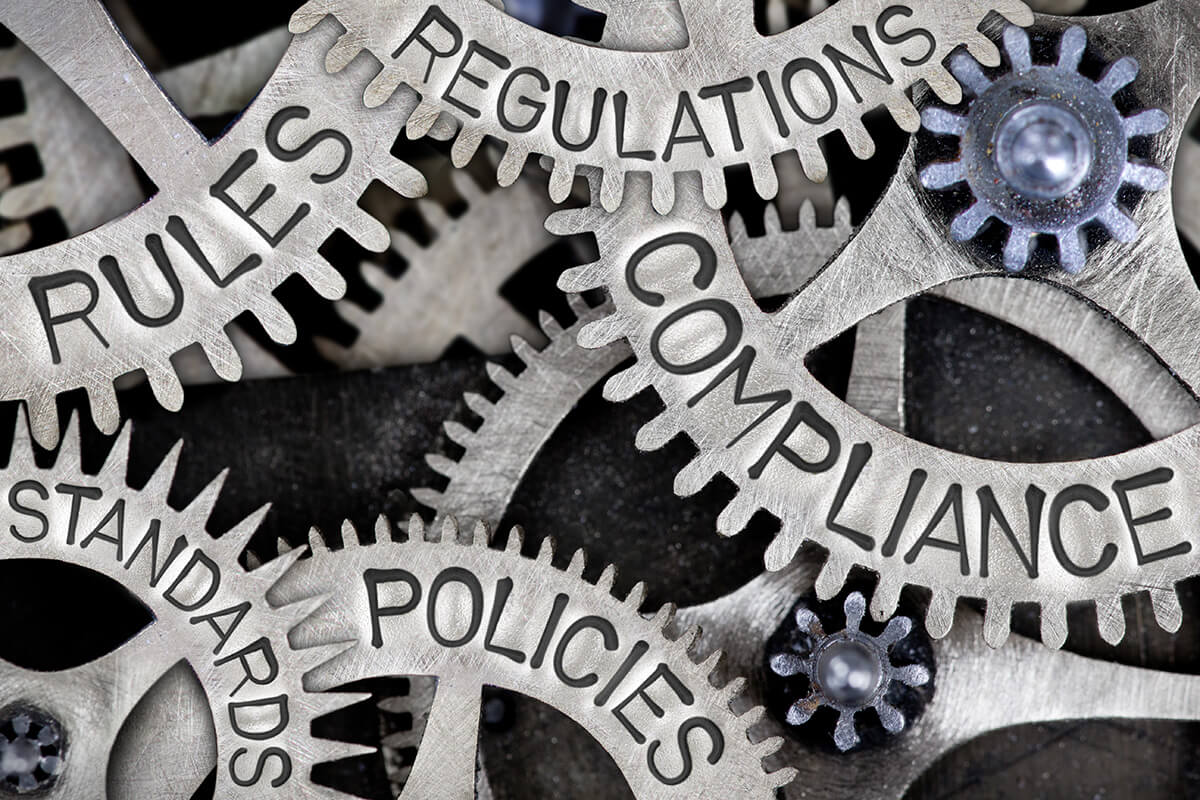
Directives and legislation
Corporate Sustainability

Corporate Social Responsibility ( CSR) is becoming more and mora important in everyday business. Sustainable business, as a business that respects not only the environmental, but also the economic and social aspects of business, increases the reputation of companies with its customers, employees, partners and the general public, and at the same time brings numerous benefits to companies that decide to behave responsibly and morally towards the environment and their stakeholders. The advantages that are often cited are economic, employee satisfaction and commitment, cost reduction, external motivation and compliance with legal regulations. The new regulation at the EU level (CSRD Directive, Taxonomy and ESRS standards) continuously expands the circle of sustainability reporting entities and sets a clear framework regarding the type and format of data to be reported. The ultimate goal is to enable investors and the financial sector to make a clear and simple comparison of entities in terms of the sustainability of their operations.
"We have no alternative, so you have to decide what kind of mark you want to leave"
Legislation

Predictability of working conditions and work-life balance are the two guiding threads for the regulation of employment relations at the EU level. The field of labor law is applicable to everyone, whether they encounter it from the position of an employer or the position of an employee. Timely compliance with legal changes and requirements is necessary for employers to fully respect the rights of workers and thus avoid significant sanctions prescribed by the Labor Act and other regulations. At the same time, this creates an environment in which employees can be sure that their rights are respected and updated in a timely manner to comply with the legislative framework. Only the employment relationship whose aspects are in accordance with the legislation is an equal relationship in which both the employer and the employee fully and to mutual satisfaction exercise all their rights, taking into account all their interests.
"Partnership between employer and employee enables the future and progress"
AEO (Authorised Economic Operators)

AEO (Authorised Economic Operators) is an internationally recognized quality mark that guarantees that the company meets all the prescribed quality criteria of an economic operator and that the business is fully compliant with customs regulations.
Economic operators can obtain one of three AEO certificates, which are:
AEOC (custom simplifications) certificate issued to an economic operator from the EU that meets the criteria of compliance with customs regulations, i.e. the relevant standards of record-keeping and financial solvency;
AEOS (security and safety) is a certificate issued to an economic operator from the EU that meets the criteria of compliance with customs regulations, i.e. the relevant standards of financial solvency and safety and security;
AEOC/AEOS certificate issued to an economic operator from the EU that meets the criteria and criteria for obtaining AEOC and AEOS certificates.
The AEO certificate enables the certificate holder to approve customs simplifications more easily, reduces the amount of insurance, decreases physical and documented checks on goods and priority processing in the control of goods, mutual recognition with customs administrations of other countries and generally accelerates the flow of goods. In addition, it offers a large number of indirect benefits such as fewer thefts and losses of shipments, reduced operating costs, better planning and shipping, and improved reliability and communication between partners. AEO is an internationally recognized certificate of excellence that gives its holder new business opportunities and increases its competitiveness.
"Open and simple business without borders saves time and money"
GDPR

The modern world is unthinkable without a fast and secure flow of information and data. According to the Eurobarometer survey, 2 out of 5 respondents are afraid of the possibility of their personal data being used without prior notice, while over 2/3 of them are afraid of losing passwords and data from personal documents.
The occuring changes resulted in the adoption of the General Data Protection Regulation (GDPR) as a solid framework for data protection throughout the European Union, which is directly and bindingly applied in all EU Member States from 25.05.2018.
The GDPR clarifies and ensures an equal level of protection for every individual from the EU by defining the terms data subject, controller, third party, etc. and prescribing their mutual rights and obligations and the conditions under which personal data are processed.
The GDPR protects only personal data, and only those from which the identity of an individual can be revealed with a high probability are considered as such.
The GDPR affects all companies that handle data from the EU, regardless of where they are located, and, to put it simply, if you process any data from the EU in your business, you must comply with the GDPR. The only exceptions are those companies that deal with the processing of personal data only occasionally, i.e. do not process special categories of personal data.